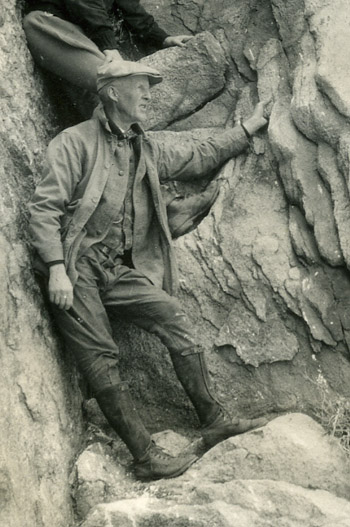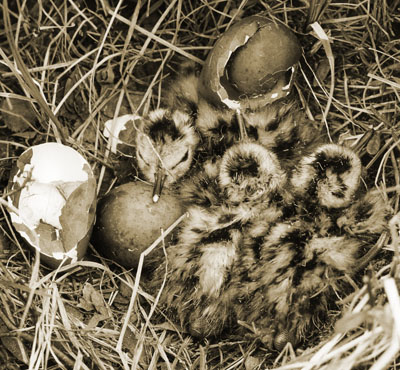Arthur Cleveland Bent Collection

An avid birder and eminent ornithologist, Arthur Cleveland Bent was born in Taunton, Massachusetts, on November 25, 1866. After receiving his A.B. from Harvard in 1889, bent was employed as an agent for the Safety Pocket Company and from 1900 to 1914, he was General Manager of Mason Machine Works. His passion, however, was birds. An associate in Ornithology at the Museum of Comparative Zoology at Harvard University, Bent became a collaborator at the Smithsonian and president (1935-1937) of the American Ornithologists’ Union. The culmination of his research was the massive, 26 volume Life Histories of North American Birds (1919-1968).
The Bent collection is a glimpse into the birding life of a remarkable amateur ornithologist. It contains the field notebooks of his collaborator, Owen Durfee (1880-1909), his own journals (1887-1942), photographs and negatives (1896-1930), correspondence concerning the photographs (1925-1946), and mimeographed and printed material. Bent’s records cover nest observations, egg measurements, bird sightings, and notes on specimens provided to organizations such as the Massachusetts Audubon Society, the Bristol County Agricultural School, and the United States National Museum.


